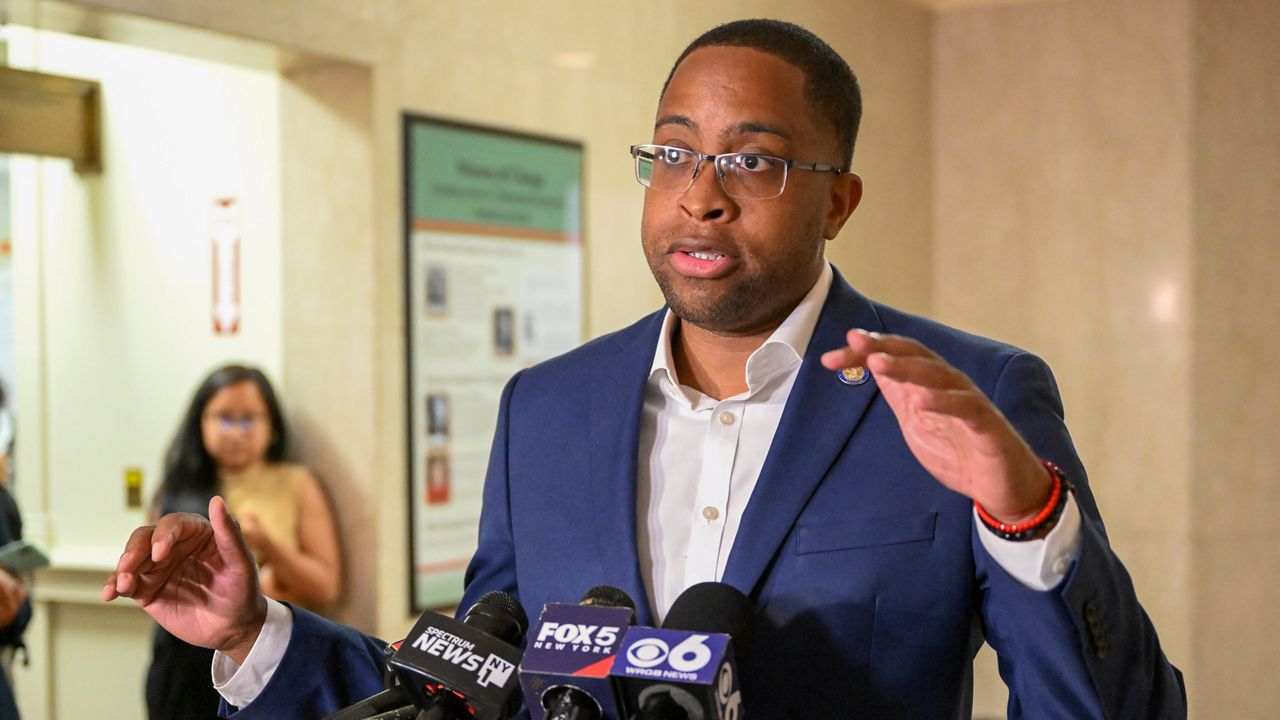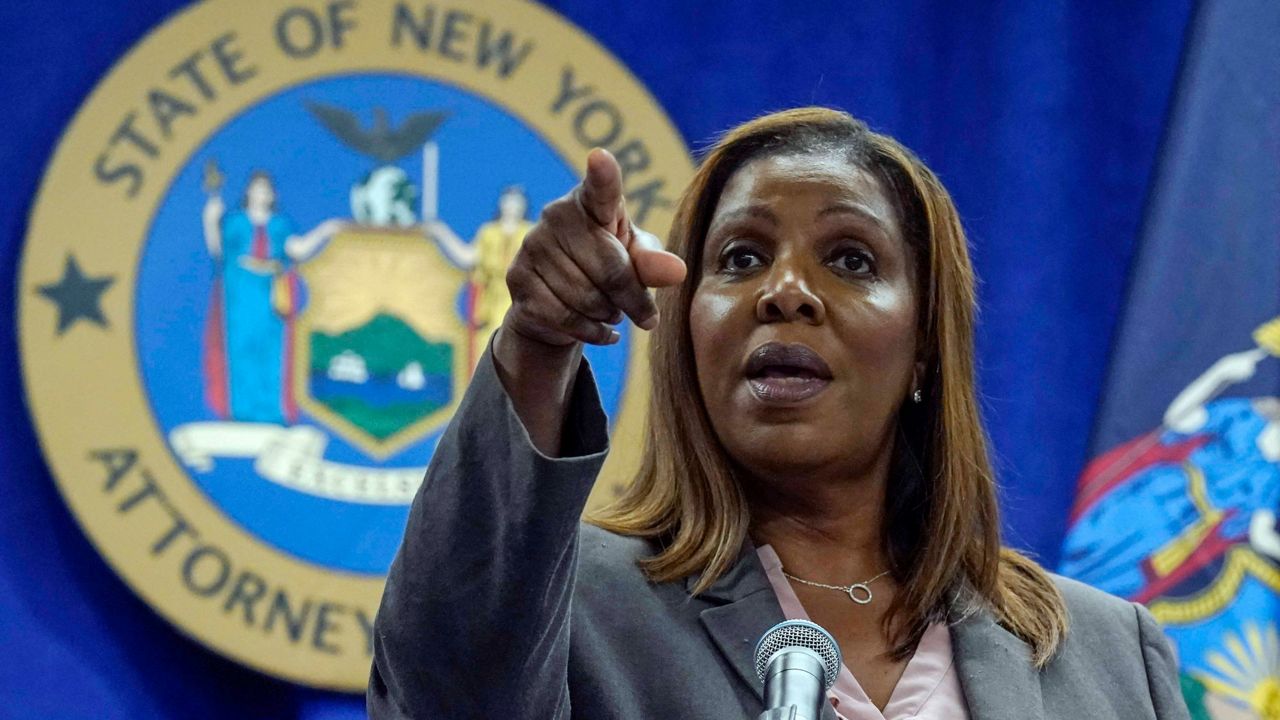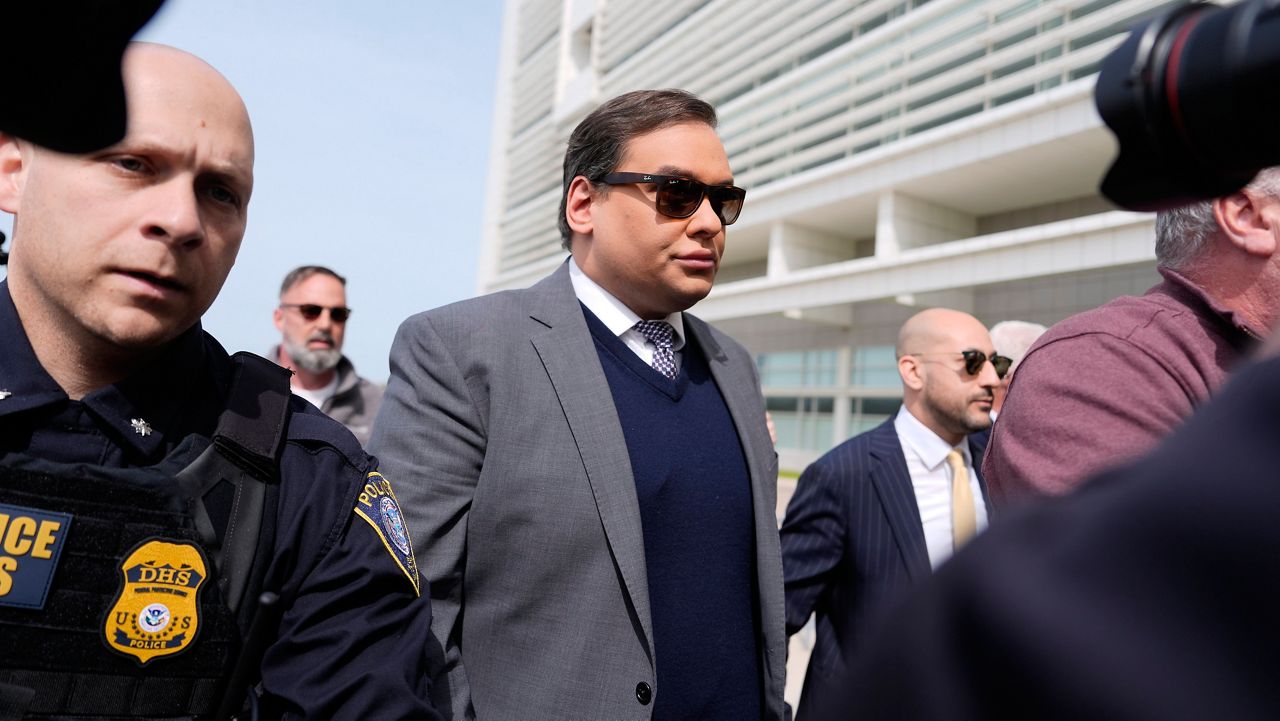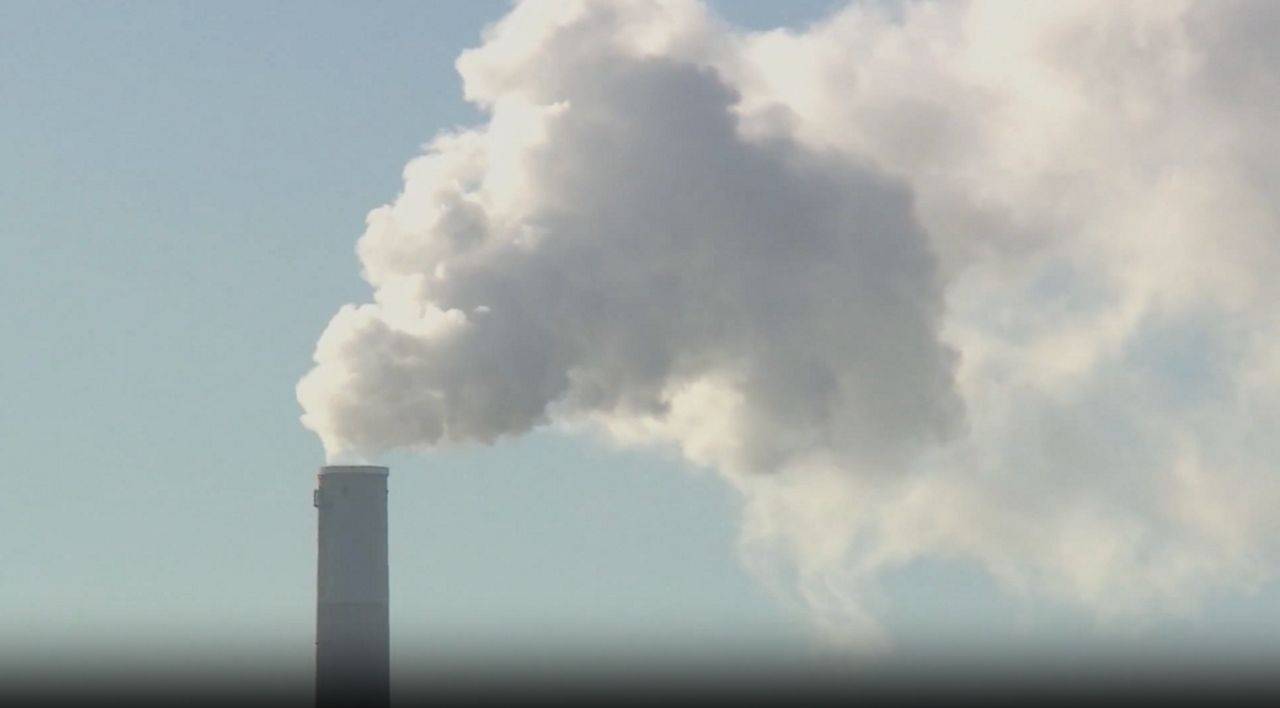Millions of dollars in political giving during the race for New York governor came from one man who hoped to sway the election. Now good-government advocates are worried this could undermine a key change about to take effect for how politicial campaigns are funded.
Big money in New York politics isn't anything new. But the $9 million injected into a super PAC by billionaire Ronald Lauder to boost Republican candidate Lee Zeldin in the race for governor has raised eyebrows among good-government advocates like NYPIRG's Blair Horner.
"Lauder's money I think kept Zeldin's campaign afloat when it was really looking like the polling numbers was a very, very steep climb for him," Horner said.
Both Zeldin and Hochul benefitted from an influx of super PAC spending the final days of the campaign for governor. On the Democratic side, labor unions and the Democratic Governors Association poured money into campaign committees to aid her bid for a full term.
But the money was largely prompted by super PACs backing Zeldin. The money from the Zeldin-allied committees helped eliminate a fundraising gap with Hochul in a heavily Democratic state.
The PACs were able to air TV and digital ads to boost Zeldin's candidacy, reaching millions of New Yorkers with his anti-crime platform during a crucial time for the campaign. It's not clear whether the money had any direct impact on how votes were ultimately cast. But the final result in the campaign was the closest gubernatorial election since 1994.
For voters, the flood of cash, much of it coming at the last minute, should be a concern and can hurt democracy, Horner said.
"Candidates rely by and large on private donations to get to office and then usually those interests want something in return," he said.
Super PACs or independent expenditure committees can raise unlimited sums of money with no limits on individual donations.
Zeldin's campaign had come under scrutiny after he encouraged donors to also give to the super PACs backing his candidacy, according to the Times Union. Hochul's campaign, too, has also come under calls for investigations after it was found a businessman who received a lucrative state contract to supply COVID-19 test kits contributed directly to her bid.
Both campaigns have denied any wrongdoing.
"There's a lot to look at in terms of campaign financed, but the issue of how you keep an independent expenditure campaign truly independent should be one of the issues they tackle," Horner said.
John Kaehny of Reinvent Albany is worried the move will usher in an era of very wealthy donors backing either Democrats or Republicans statewide elections just as a new system meant to limit the effect of political donations is coming online.
"Independent expenditures are not something the state of New York can ban because of a Supreme Court decision known as Citizens United," Kaehny said. "So the best New York can do is try to make those contributions more transparent."
The next election cycle in New York will have a system of publicly financed campaigns. Maximum donations given directly to a candidate's campaign will be smaller, and matched with government money drawn from the states unclaimed money fund, controlled by the state comptroller.
But Kaehny is fears that reform will be crowded out by super PAC spending.
"They will start giving in the tens of millions of dollars as opposed to hundreds of thousands of dollars," Kaehny said, "which is what we saw."











